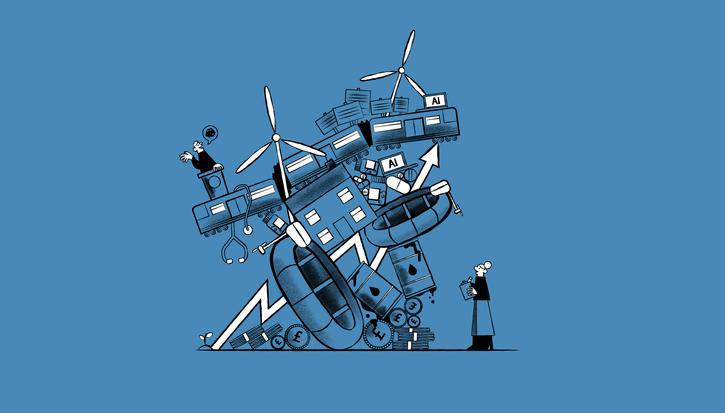Beyond the bluster: Why wind power is an effective technology
Article
Much opposition to wind power appears to be based on the belief that it is an ineffective technology, inefficient or unreliable. This claim is untrue and it is important to get 'beyond the bluster' in assessing the effectiveness of wind power.
The report addresses two commonly held misconceptions around two important, often misunderstood, questions:
- Is wind power an effective way of reducing carbon emissions?
- Is wind power a secure and reliable source of energy for the UK?
It shows unequivocally that wind power can significantly reduce carbon emissions, is reliable, poses no threat to energy security, and is technically capable of providing a significant proportion of the UK's electricity supply with minimal impact on the existing operation of the grid.
The conclusions of the report note that:
- It is inaccurate to describe the output from wind power as 'unpredictable'.
- In the short term, wind power output is remarkably stable and increases and decreases only very slowly.
- The risks associated with 'long, cold, calm spells' have been overstated.
- In the UK, National Grid has reported that up to 30GW of wind power can be accommodated even if no changes are made to the way that the electricity system functions.
- In the longer term, there are numerous technological options to facilitate much greater amounts of wind power - such as improved interconnection with other countries and intelligent management of supply and demand through a 'smart grid'.
- For these reasons the authors conclude that wind power can play a major role in a secure and reliable future electricity system.
IPPR has worked with GL Garrad Hassan, a leading renewable energy consultancy, to produce this report, and the findings have been reviewed by a leading academic. The paper features a foreword by Reg Platt of IPPR, and a technical report by Oscar Fitch-Roy and Paul Gardner of GL Garrad Hassan.
Related items

Modernising elections: How to get voters back
Elections are the defining feature of modern democracy. They are the process by which we express a desired future en masse. It is the mass dimension that matters most; it is the mass dimension that is receding.
Bridge to the future: how to get the NHS through the winter and ready for reform
NHS staff across the country are gritting their teeth. Christmas parties have come and gone, but a more threatening annual tradition looms once again – the NHS ‘winter crisis’. This period, renowned for long waits and increased mortality,…
The great enabler: transport’s role in tackling environmental crises and delivering progressive change
In this special issue of IPPR Progressive Review we bring together leading political, academic and civil society thinkers to consider transport in modern Britain and its role in delivering a healthier, greener, more prosperous and…